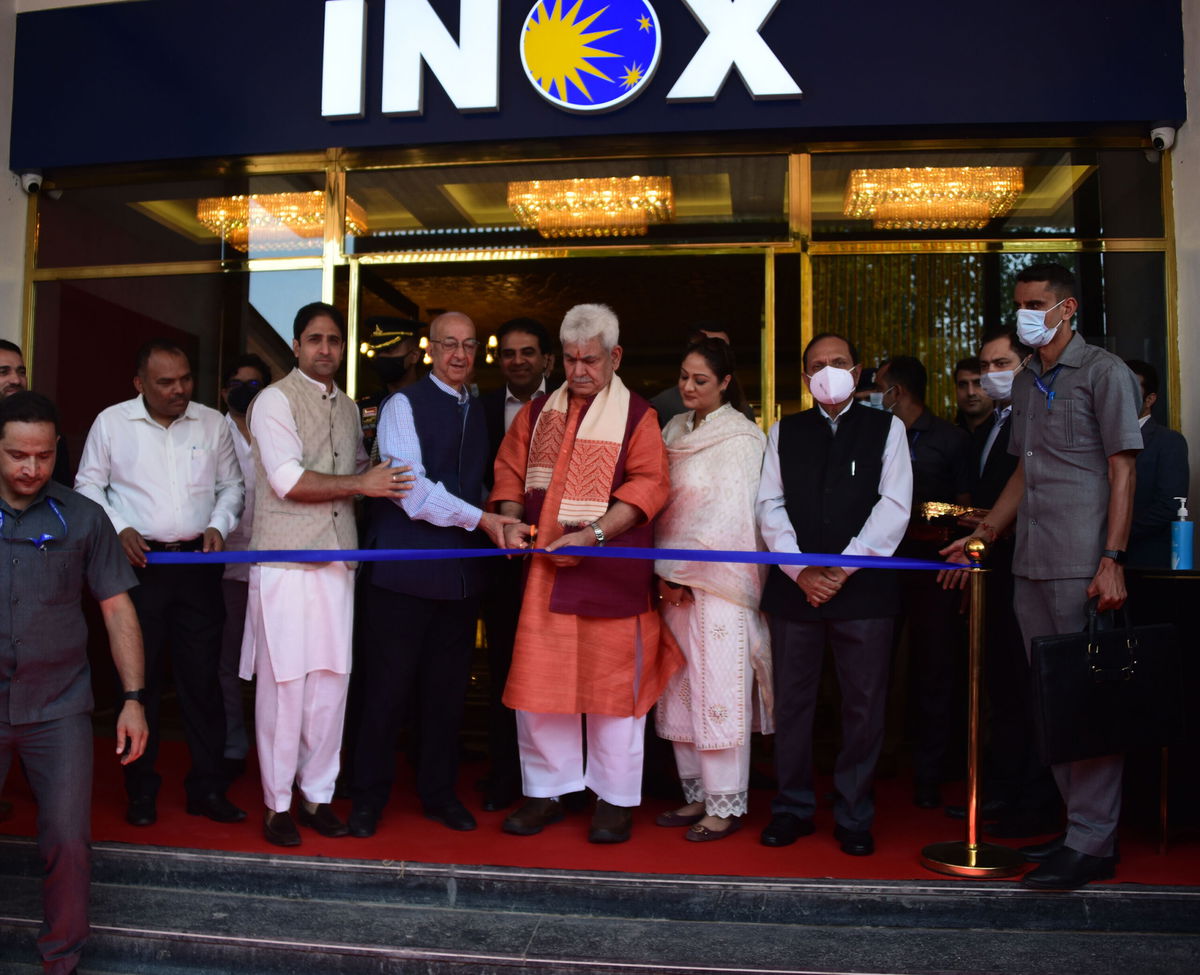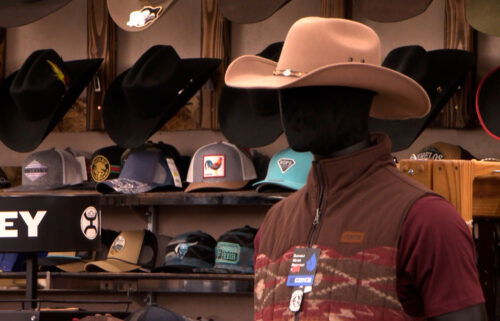Movie theaters reopen in Indian-controlled Kashmir for the first time in more than two decades

Lt. Governor of Jammu and Kashmir
By Rhea Mogul and Manveena Suri, CNN
Movie theaters in Indian-controlled Kashmir have reopened their doors, more than two decades after they were forced shut during an armed rebellion that saw multiple threats and attacks on crowded public places.
The lieutenant governor of Jammu and Kashmir, Manoj Sinha, inaugurated the disputed region’s newest cinema on Tuesday, in a ceremony marked with much hype and fanfare.
“(The opening) is a reflection of a new dawn of hope, dreams, confidence and aspirations of people,” Sinha told reporters outside the theater in Indian Kashmir’s largest city, Srinagar, calling it a “historic” day, according to the Press Trust of India.
The theater held a special screening of the film “Lal Singh Chaddha,” a Bollywood remake of “Forrest Gump,” that stars two of India’s biggest superstars, Aamir Khan and Kareena Kapoor.
The movie theater will open to the public on September 30, according to businessman, Vijay Dhar, who has partnered with Indian cinema chain Inox Leisure Ltd., to open the theater in Srinagar.
“I’m doing this from the heart. This is for Kashmir, it’s for the national interest,” Dhar told CNN.
“Bollywood and Kashmir have a long connection,” he said. “A lot of older Bollywood films were shot in Kashmir. We’d like Bollywood to come back, to create that same atmosphere.”
Inox Leisure Ltd. said it felt “beyond elated” by the opening in a post on Twitter, adding it was the “beginning of a new era.”
Militancy shuts cinema doors
Kashmir is one of the world’s most dangerous flashpoints. Claimed in its entirety by both India and Pakistan, the mountainous region has been the epicenter for more than 70 years of an often violent territorial struggle between the nuclear-armed neighbors. A de facto border called the Line of Control divides it between New Delhi and Islamabad.
In the late 1980s, a violent insurgency in Indian-controlled Kashmir claimed the lives of more than 9,000 civilians according to the Indian government, though estimates vary. Movie theaters were forced to close in the aftermath.
Authorities attempted to reopen them, but a deadly militant attack at the Regal Cinema in 1999 thwarted those efforts, the Press Trust of India reported.
In 2019, Indian Prime Minister Narendra Modi revoked Jammu and Kashmir’s semi-autonomous status and officially split the former state into two union territories, giving the government in New Delhi greater control over the disputed Muslim-majority region.
Following the move, Modi imposed an almost-complete communications black-out for more than two-and-a-half months — in a move that was heavily criticized by local leaders and triggered protests.
India said the move to revoke the status was to ensure the nation’s laws were equal for all citizens and to increase economic development in the region, as well as to end separatism and terrorism it alleged was aided and abetted by Pakistan.
Since then, the Indian government has introduced a series of policies that it claims will bring development to the region.
Last year, the government implemented a policy aimed to promote Indian-controlled Kashmir as a popular filming destination.
“A well-nurtured film industry can be a major source of wealth creation, employment generation and effective tool and platform for preservation of culture and expression of the people of Jammu and Kashmir,” it said. “The industry can promote Jammu and Kashmir’s potential as an investment and tourist destination.”
The-CNN-Wire
™ & © 2022 Cable News Network, Inc., a Warner Bros. Discovery Company. All rights reserved.

